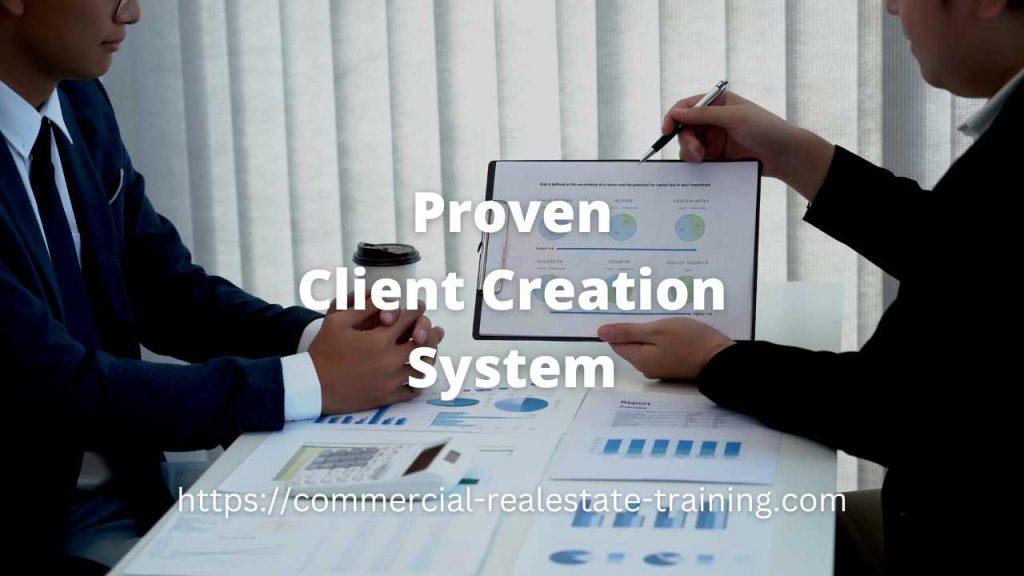The Principles of Client Service and Communication in Commercial Real Estate Brokerage
When it comes to servicing your clients in commercial real estate, you can be a valuable and regular source of local property market information, or you can be ‘sporadic’ like many other ‘ordinary’ brokers. There is a choice here that is so logical from a customer contact and business perspective.
Knowledge and information about property locally is interesting, valuable, and useful to business owners and investors. You can be that source of information.
Look around your area, the precincts, and the territories that you regard as ‘yours.’ There is always an abundance of property information from the local area that you can watch and convert into facts, graphs, and statistics. When you have the facts, turn them into useful charts and displays.
Why do this?
Information about local commercial and retail property helps you show intelligence and market coverage. That perception can lead to client or prospect engagement. That is how things work in our industry.
There is a real strategy here. You want your clients to remember you as a ‘top agent’ for a location.
What is the target? When your customers have a challenge with property ownership, performance, or occupancy, you want them to remember you and to contact you. It is an individual target to work to as you build your real estate business.
Take a step back and look at your database, its size, and its accuracy. Recognize the clear facts that are all too relevant in our industry:
- The number of people that you know comprehensively well can correlate into invitations to pitch and present your services.
- Constant contact is required to engage with a client or prospect. You will need some ‘engagement’ tools and systems to strengthen your connection processes with people in your customer
- Referral business is an opportunity as you grow your customer contact processes and deal frequency.

Valuable Information
So, what information can and should you provide to the people that you know? Try some of these for starters:
- Observing property changes – when something sells or leases in your zone of activity, get to the real facts of the transaction, and then share those facts with the people that you know would have an interest, be that from an ownership or occupancy perspective.
- Future focus – supply and demand changes for local property through the year will vary. Look for the local property developments that could come into the market soon, and that could alter the balance of buyer or seller sentiment. Share information about new property developments in the region and those that are before planning approval committees. There is a lot of ‘public information’ available on property developments and or zoning changes locally that you can share into your database and client list.
- Helpful price and rent trends – prices will go up and down during the year, largely because of investor sentiment and the comparable investment alternatives that are available. People will invest in property when they know that the time is right and that they can get reasonable returns to suit their investment requirements. Watch all types of investments such as gold, bonds, the stock market, and the futures market. There will be a balance between return and risk that people will see as acceptable. Where is commercial property locally in that ‘assessment’?
So, what can you do with all of this information? You can connect with your people; those qualified prospects and established clients that are in your database.
Don’t complicate your real estate business with too many systems. Just be a useful person that can solve local property challenges with the right ideas and the valid comparisons across property types and locations.








